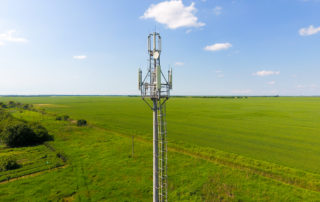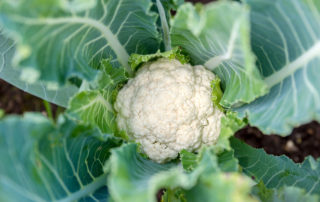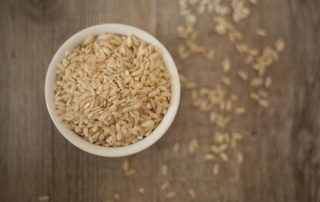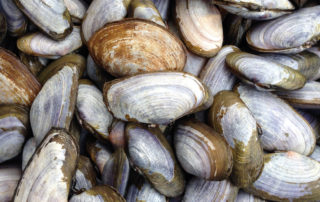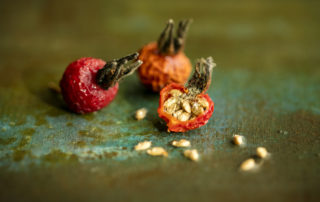The Role of Glutamate in Vaccines
https://www.youtube.com/watch?v=kIxmq6W5Omg&fbclid=IwAR3L0wD6mKCBQaCsdIVCz2kqXiYSsKWf3OXrBulIJ9EKhsiUVUEU_ONGgLM&app=desktop As a mother of an injured child, I believe there is a huge connection between vaccines, autism, and glutamate. As we know autism, like many other chronic conditions, is a hyper-glutamate condition. There are several ways vaccines can lead to elevated glutamate levels and induce neuroinflammation, excitotoxicity, and 'immunoexcitotoxicity,' resulting in increased sensitivity to glutamate. Elevated glutamate levels have been studied to be a primary contributor to a laundry list of health issues. A few include autism, anxiety, depression, Alzheimer's, addiction, cancer growth, migraines, mitochondrial dysfunction, movement disorders, complex motor stereotypies, and seizures [...]


